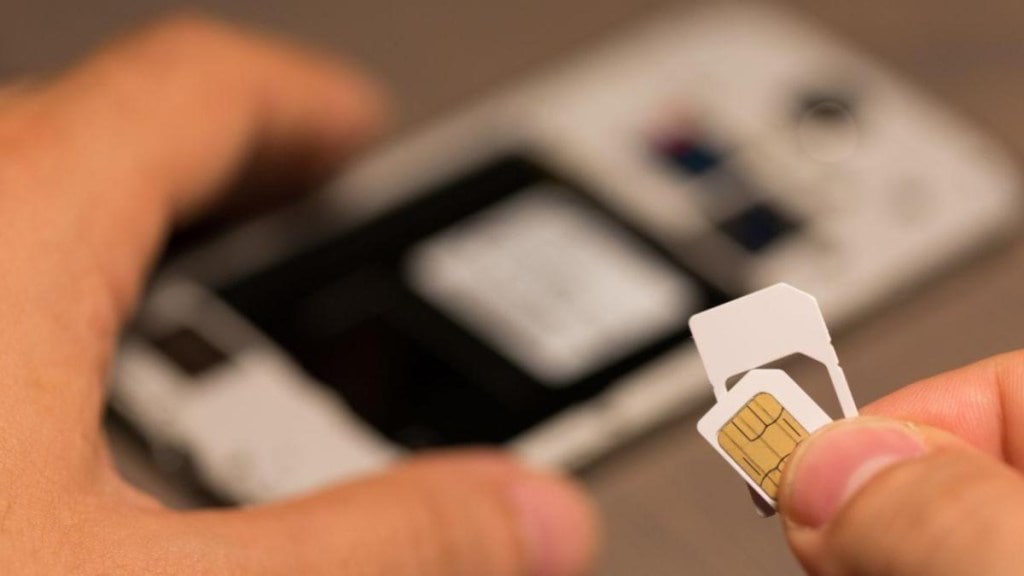Imagine getting a message from an unknown number, only to realise that the SIM card behind it is registered under your identity — and now linked to a cybercrime. It sounds bizarre, but according to the Department of Telecom (DoT), this scenario is becoming all too real.
In a fresh advisory issued on Monday, the DoT warned mobile subscribers that they could face legal trouble if a SIM obtained in their name is misused for fraud, impersonation or any other illegal activity — even if someone else used it.
Why the alert now?
Cybercriminals are increasingly using SIM cards acquired with fake documents or borrowed from unsuspecting users. Once the SIM becomes part of a scam — whether phishing, financial fraud or threatening calls — law enforcement traces it back to the registered owner. And that could be you.
“The original user may also be held liable as an offender in cases where SIM cards procured in their name are subsequently misused,” the DoT said. The telecom department further said that the citizens need to be vigilant about devices and connections tied to their identity.
Red flags to watch out for
The advisory lays out several don’ts for subscribers:
- Don’t use devices with tampered IMEI numbers
- Don’t buy assembled gadgets like modems or SIM boxes with configurable IMEIs
- Don’t obtain SIM cards using fake documents
- Don’t hand over or transfer your SIM card to others
Using apps or websites that mask caller identity, such as spoofing services, can also land users in legal trouble.
What the law says?
The DoT statement noted that the Telecommunications Act, 2023 allows for strict penalties for tampering with telecom identifiers, including the IMEI numbers of mobile phones and other devices. Offenders may face imprisonment of up to three years, monetary penalties reaching Rs 50 lakh, or a combination of both.
Moreover, the Telecom Cyber Security Rules, 2024 prohibit possessing equipment that can alter IMEI numbers.
How to protect yourself
The DoT has urged users to check for any suspicious devices or mobile numbers linked to their identity. The government’s Sanchar Saathi portal and mobile app allow subscribers to verify IMEI details and track active SIMs registered in their name, helping detect unauthorised usage early.
As online fraud grows more sophisticated, a SIM card may be more than just a communication link. And now, keeping it secure is not just good practice but a legal necessity.








